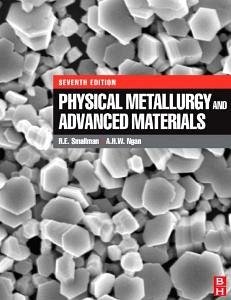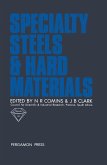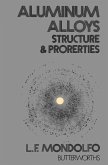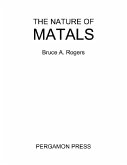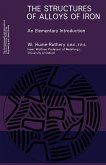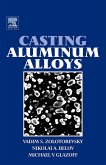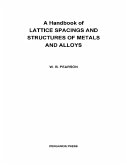This book provides coverage of new materials characterization techniques, including scanning tunneling microscopy (STM), atomic force microscopy (AFM), and nanoindentation. It also boasts an updated coverage of sports materials, biomaterials and nanomaterials. Other topics range from atoms and atomic arrangements to phase equilibria and structure; crystal defects; characterization and analysis of materials; and physical and mechanical properties of materials. The chapters also examine the properties of materials such as advanced alloys, ceramics, glass, polymers, plastics, and composites. The text is easy to navigate with contents split into logical groupings: fundamentals, metals and alloys, nonmetals, processing and applications. It includes detailed worked examples with real-world applications, along with a rich pedagogy comprised of extensive homework exercises, lecture slides and full online solutions manual (coming). Each chapter ends with a set of questions to enable readers to apply the scientific concepts presented, as well as to emphasize important material properties.
Physical Metallurgy and Advanced Materials is intended for senior undergraduates and graduate students taking courses in metallurgy, materials science, physical metallurgy, mechanical engineering, biomedical engineering, physics, manufacturing engineering and related courses.
- Renowned coverage of metals and alloys, plus other materials classes including ceramics and polymers.
- Updated coverage of sports materials, biomaterials and nanomaterials.
- Covers new materials characterization techniques, including scanning tunneling microscopy (STM), atomic force microscopy (AFM), and nanoindentation.
- Easy to navigate with contents split into logical groupings: fundamentals, metals and alloys, nonmetals, processing and applications.
- Detailed worked examples with real-world applications.
- Rich pedagogy includes extensive homework exercises.
Dieser Download kann aus rechtlichen Gründen nur mit Rechnungsadresse in A, B, BG, CY, CZ, D, DK, EW, E, FIN, F, GR, HR, H, IRL, I, LT, L, LR, M, NL, PL, P, R, S, SLO, SK ausgeliefert werden.

